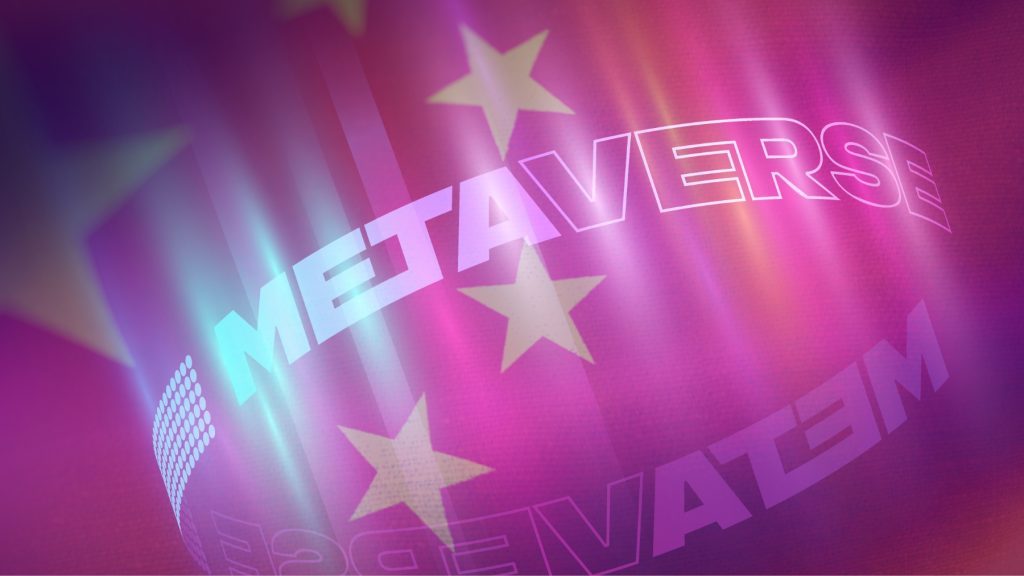
China is attempting to introduce its social credit systems into the metaverse, sparking privacy concerns.
- China Mobile proposed a “Digital Identity System” for metaverse users.
- Critics argue that the proposed system endangers privacy and internet connectivity, core principles of the Western online landscape.
China is reportedly looking to extend its social credit systems to the metaverse, a move that has raised concerns about privacy and freedom in virtual worlds.
According to a report by POLITICO, China Mobile, a state-owned telecommunications company, has proposed a “Digital Identity System” for metaverse users. This system would use both “natural” and “social” characteristics, encompassing personal data points like occupation and identifiable traits.
The data would then be permanently stored and shared with law enforcement to maintain order within the virtual world. China Mobile argues that such systems, credit or otherwise, would enable the identification and punishment of disruptive individuals, analogous to those who spread rumors in the real world.
The proposal is the result of discussions between tech experts and officials at the International Telecommunication Union (ITU), a UN agency that shapes global technology standards. The ITU’s focus group on the metaverse serves as a platform for stakeholders to establish standards for this evolving technology. China’s extensive participation in ITU discussions has drawn concerns that the country aims to influence global technology standards in favor of a government-controlled version of the Internet.
Critics contend that the proposed digital identity system threatens privacy and the freedom to connect, fundamental principles of the internet in the Western world. The parallels between this proposal and China’s social credit system have raised alarms among experts. Chris Kremidas-Courtney, a senior fellow at Brussels think tank Friends of Europe, stressed that “To build a unified digital identity system, to give each human a unique digital ID that includes social characteristics from social media and occupation— that sounds a lot like China’s social credit system,”
China’s pursuit of dominance in metaverse development aligns with its broader goals. The country is also advancing its digital yuan, a state-controlled digital currency. As China files more proposals than Western counterparts within ITU discussions, there are concerns that it could shape global standards to its advantage.
Despite China’s ambitions, its actions have cast doubts on the ITU’s reputation. Experts claim that China’s high volume of proposals, often backed by government subsidies, has diminished the organization’s standing. The ITU, instrumental in defining global technology rules, has become an arena for geopolitical tensions between China, the US, and its allies.
In a world where technology is advancing rapidly, China’s aspirations for a state-controlled metaverse and digital currency have drawn attention to the implications of global technological standards.
Inside Telecom provides you with an extensive list of content covering all aspects of the tech industry. Keep an eye on our Web3 section to stay informed and up-to-date with our daily articles.